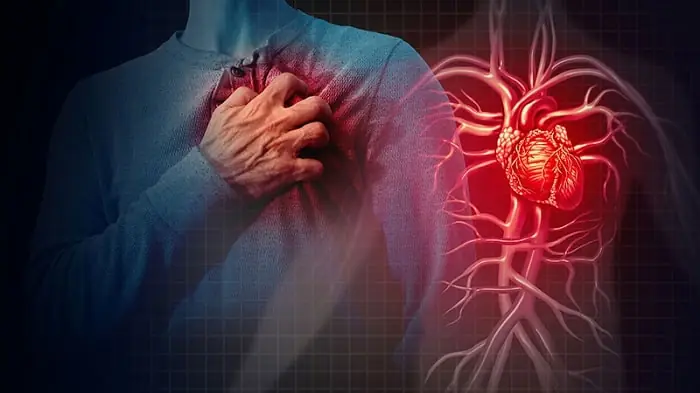
A 33-Year-Old Woman Ate Lettuce at Every Meal—Three Months Later
A 33-Year-Old Woman Ate Lettuce at Every Meal—Three Months Later, Her Doctor Was Shocked: “What Have You Been Eating?”
During a routine checkup, a 33-year-old woman stunned her doctor. Startled by the results, he asked in disbelief: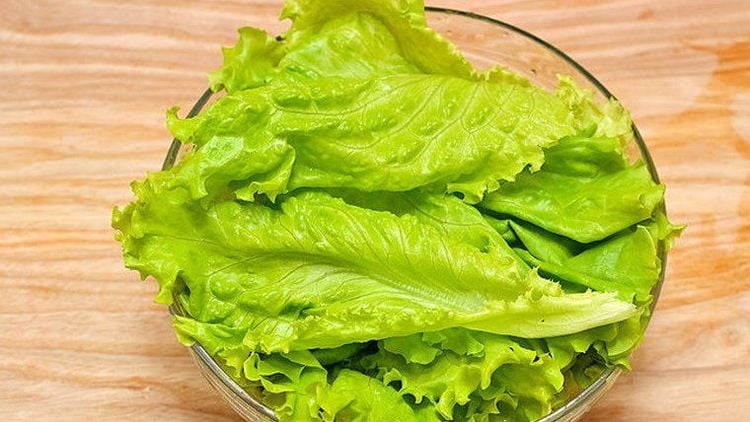
“Why is your hemoglobin level so low? What have you been eating?”
The woman calmly replied, “Doctor, I actually feel pretty healthy. But for the past few months, I’ve been eating lettuce every day to stay refreshed and lose weight.”
Her answer left the doctor speechless. Not because he had never seen a case like this, but because he was astonished that a young, seemingly energetic woman had survived on nothing but lettuce. What she thought was a “light and healthy diet” was, in reality, quietly draining her body.
This brief conversation, recorded by Toutiao, sheds light on a dangerous misconception: lettuce is indeed a vegetable, and vegetables are good for you. But relying solely on one food is like trying to build a house with a single brick—it can never form a complete nutritional foundation.
Eating lettuce itself is not wrong. The mistake is eating only lettuce.
Many people turn to extreme weight-loss methods—replacing meals with fruit, drinking only detox water, or, like this woman, eating nothing but lettuce. Believing that lettuce is low in calories, filling, and “safe,” she thought she could eat unlimited amounts without gaining weight.
But the reality is simple: without proper nutrition, the body will eventually break down.
When the doctor reviewed her medical report, he found severely low hemoglobin, ferritin near the lower limit, and vitamin B12 levels below normal. All of these pointed to one core problem: nutritional anemia.
She was also experiencing mild hair loss, brittle nails, and persistent fatigue—classic warning signs of nutrient deficiency.
Anemia Is Not Just About Iron
When people hear “anemia,” they often think of iron supplements. But anemia can be caused by multiple nutritional deficiencies, including:
-
Iron deficiency: Iron is essential for hemoglobin production and is the most common cause of anemia.
-
Vitamin B12 and folate deficiency: These vitamins are critical for red blood cell development, and their absence leads to megaloblastic anemia.
-
Protein deficiency: Adequate protein is necessary for hemoglobin synthesis.
Lettuce contains almost none of these nutrients.
The Risks of Eating Only Lettuce
Lettuce has its benefits—it is refreshing, rich in water, fiber, and vitamin C, and makes a great side dish. But as the main or only source of food, it can seriously harm the body:
1. Severe nutrient deficiency
Lettuce is extremely low in calories—only about 15 calories per 100 grams. An adult needs 1,200–1,500 calories daily just for basic metabolism.
Prolonged calorie restriction slows metabolism, lowers body temperature, weakens immunity, and can cause irregular menstruation.
Moreover, lettuce lacks fat-soluble vitamins, quality protein, iron, zinc, and calcium—nutrients essential for healthy function.
2. Digestive function damage
While moderate vegetables support gut health, consuming only lettuce means excessive fiber intake, which can harm the intestinal barrier.
Eating raw lettuce also requires strong stomach acid, digestive enzymes, and gut microbiota. For many people, this leads to bloating, diarrhea, and indigestion.
3. Hormonal imbalance due to lack of fat
Extreme low-fat diets often cause missed periods, depression, and dry skin.
The body needs fat to synthesize sex hormones, cortisol, vitamin D, and more. Lettuce, however, contains almost no fat.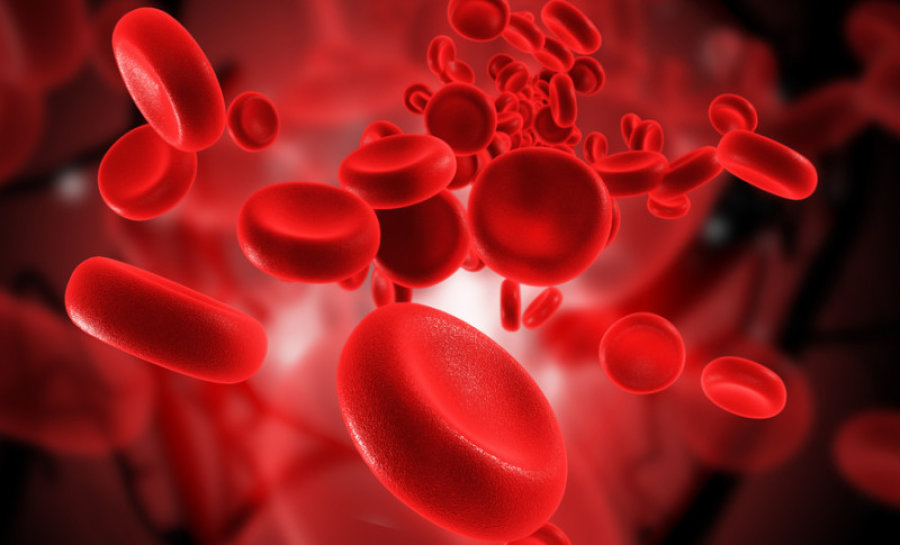
The Core Principle: Balance
Eating light does not mean eating only raw vegetables. A truly healthy diet cannot ignore balance.
A nutritious diet isn’t simply “low oil” or “low salt.” At its heart, it’s about variety and balance.
You can enjoy lettuce, but you should diversify. Dark green and colorful vegetables such as spinach, broccoli, water spinach, and carrots provide a far more complete nutrient profile.
News in the same category


Catching Nasopharyngeal Cancer in Its Early Stages May Offer a 72% Survival Rate

Doctor Reveals 5 Dangerous Mistakes You Must Avoid Right After Eating
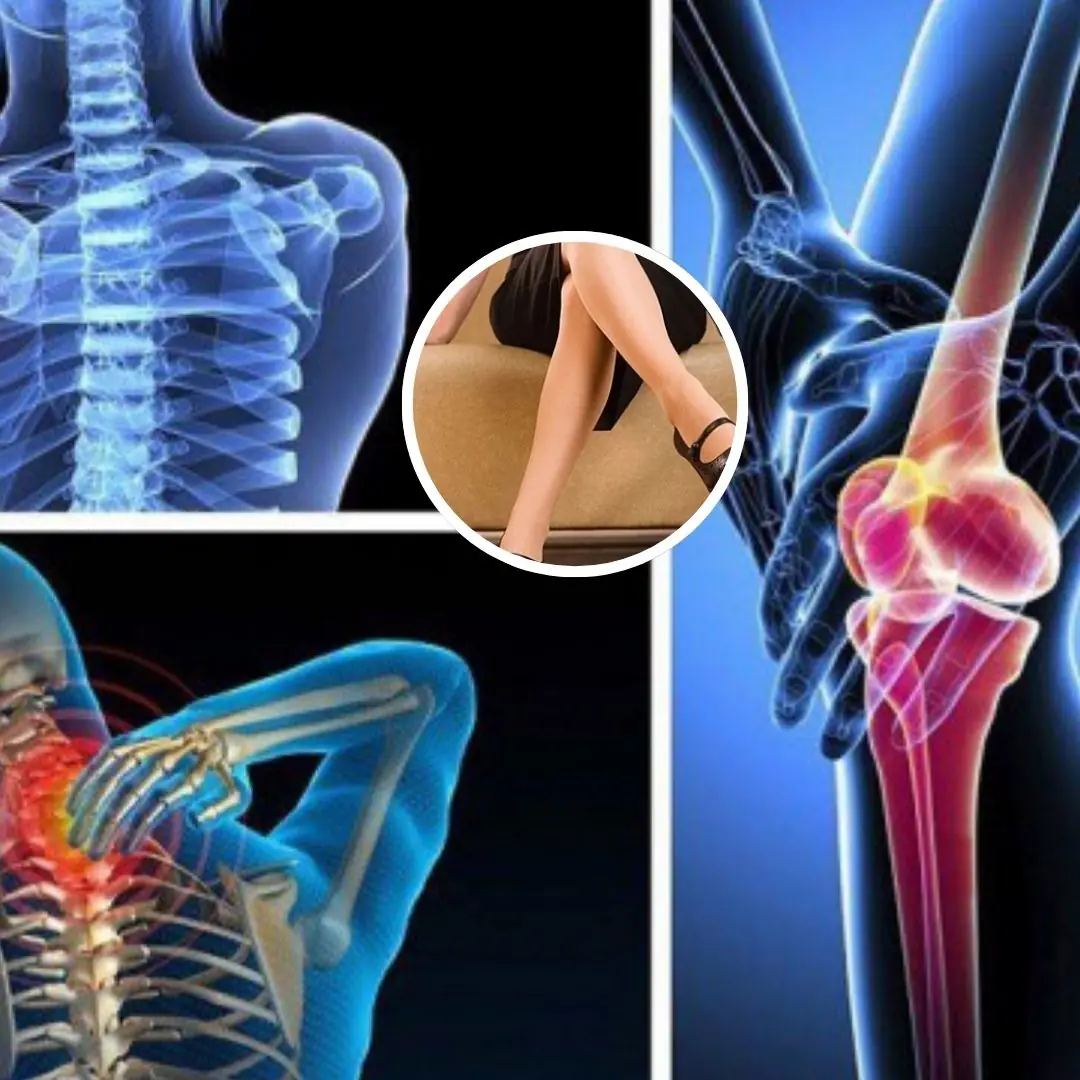
"7 Silent Habits That Wreck Your Bones and Joints — Quit Them Now or Face Pain in Old Age

Night Sweats Explained: 7 Surprising Facts
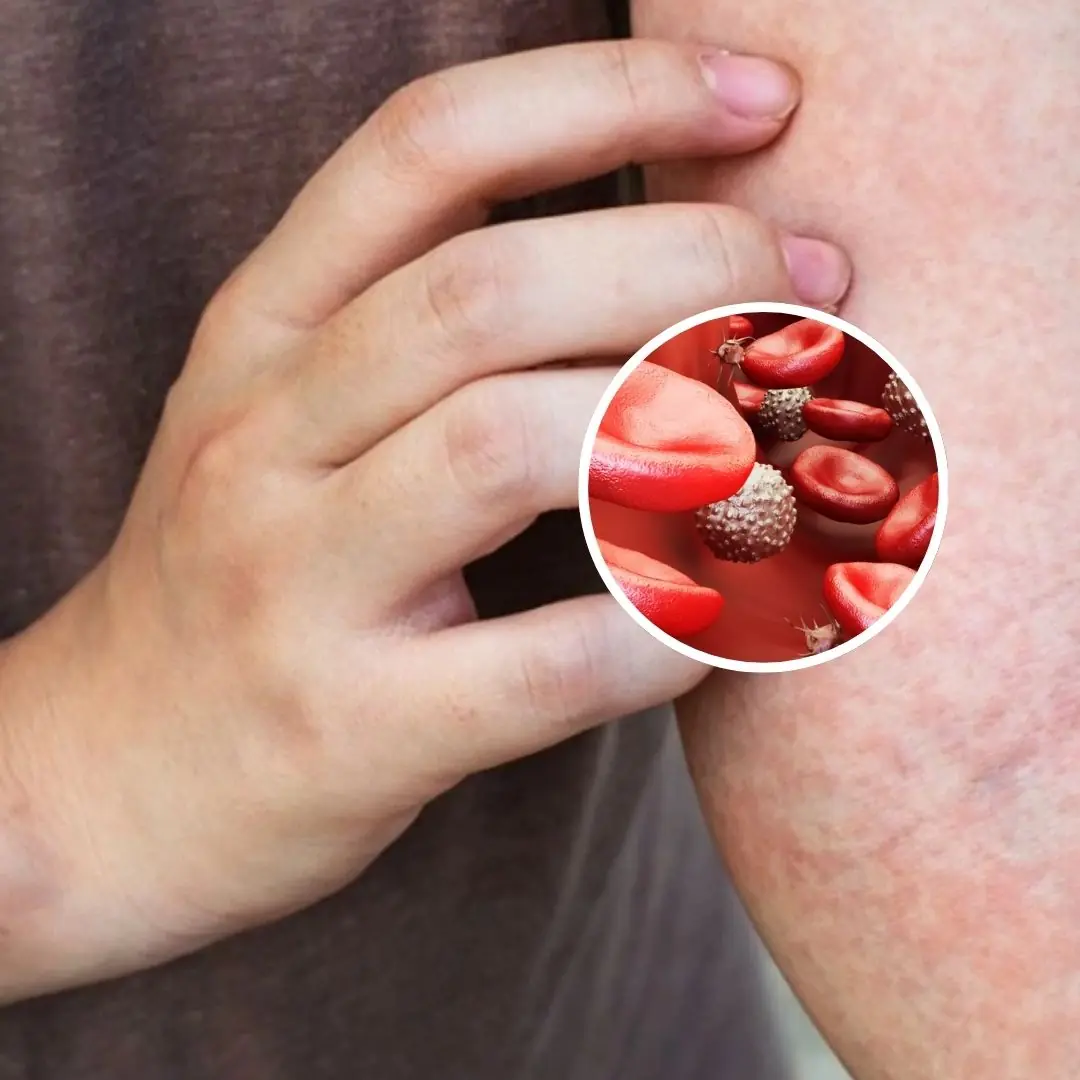
Warning: 10 Overlooked Symptoms That Could Signal Blood Cancer

4 Abnormal Signs in the Abdomen That May Seem “Minor” but Could Indicate Can.cer
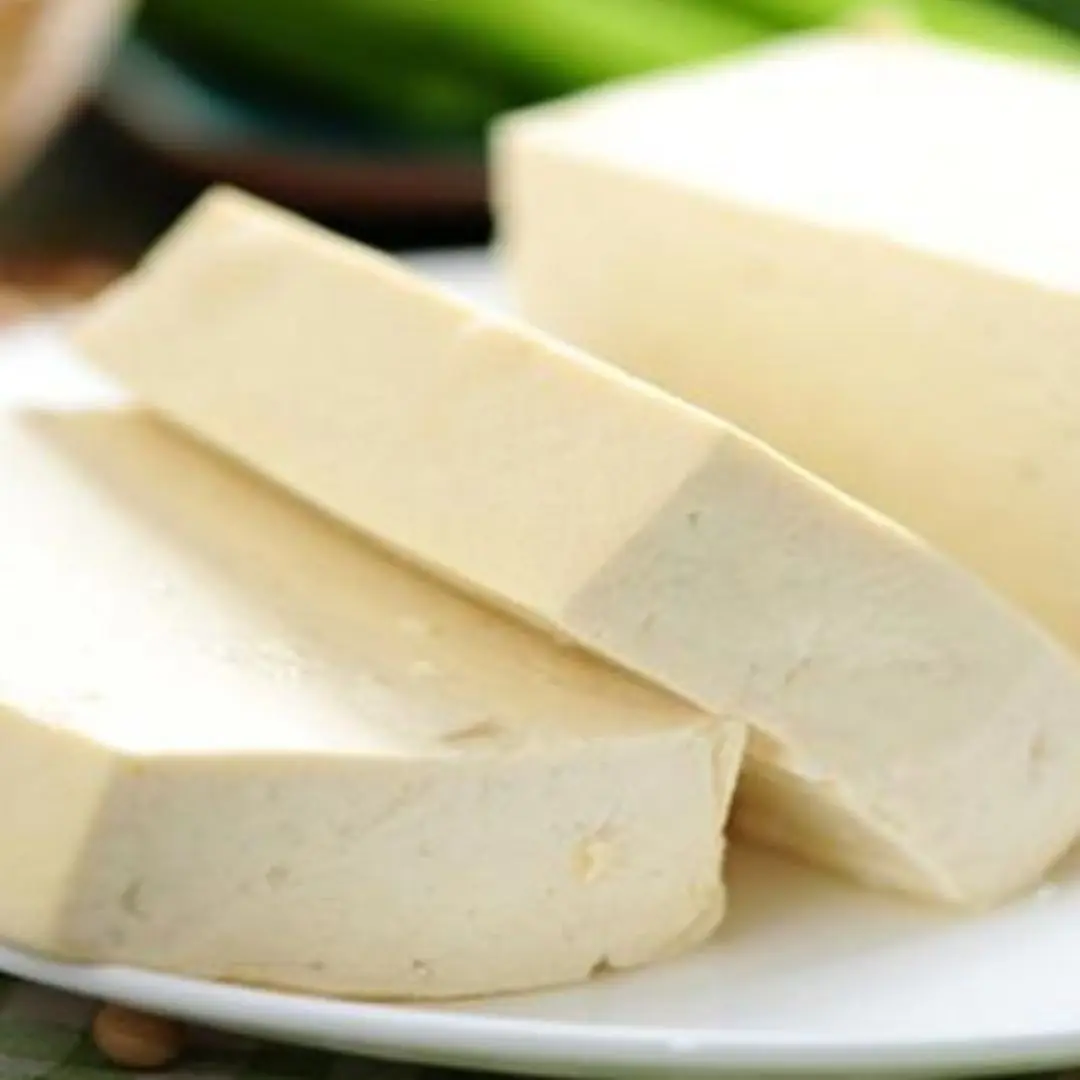
Surprising Everyday Foods That Quietly Work Wonders for Your Liver — And Why You Should Add Them to Your Diet

Despite its health benefits, star fruit is strictly off-limits for these groups of people
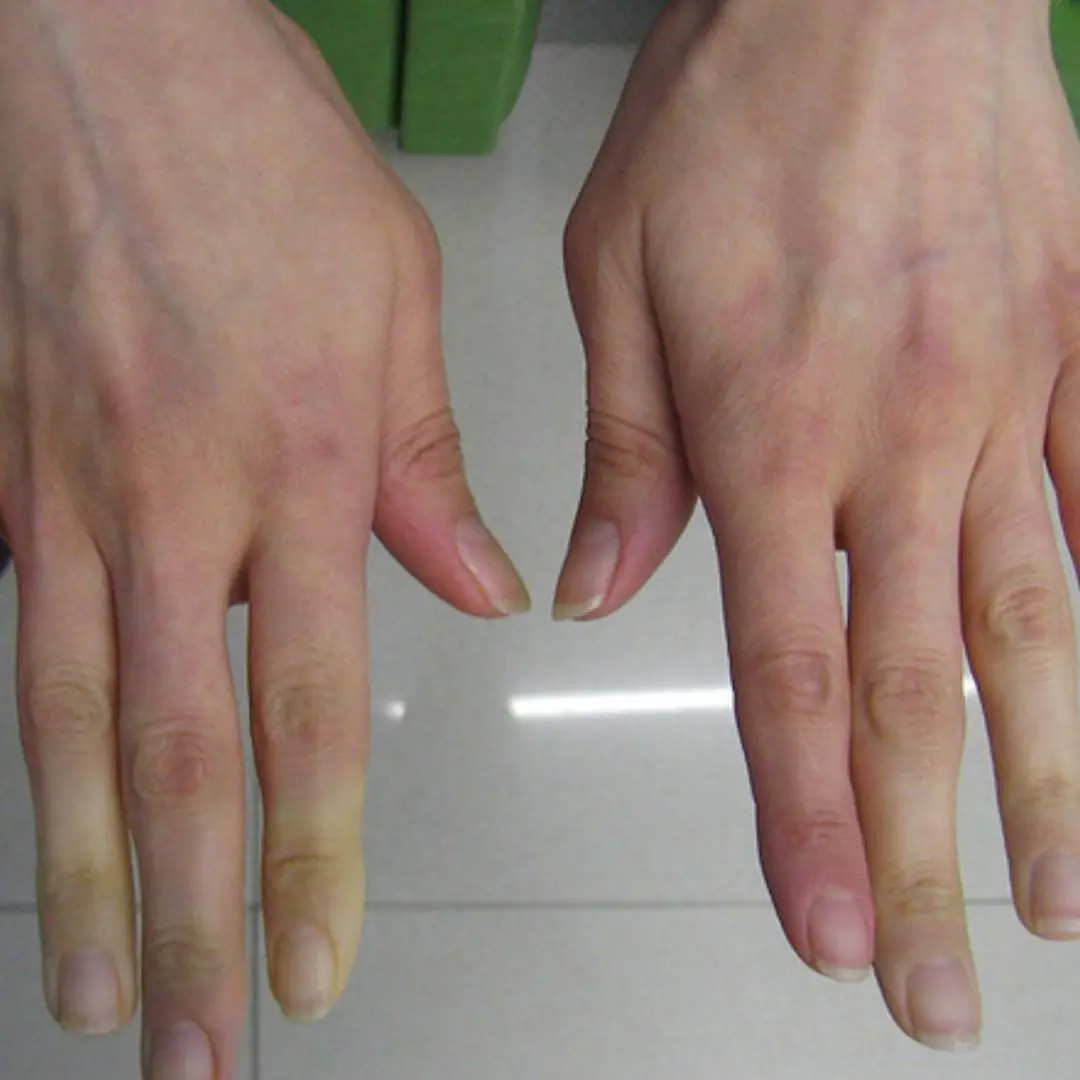
This condition can trigger a sudden transformation in the fingers, leaving them ghostly white or bluish
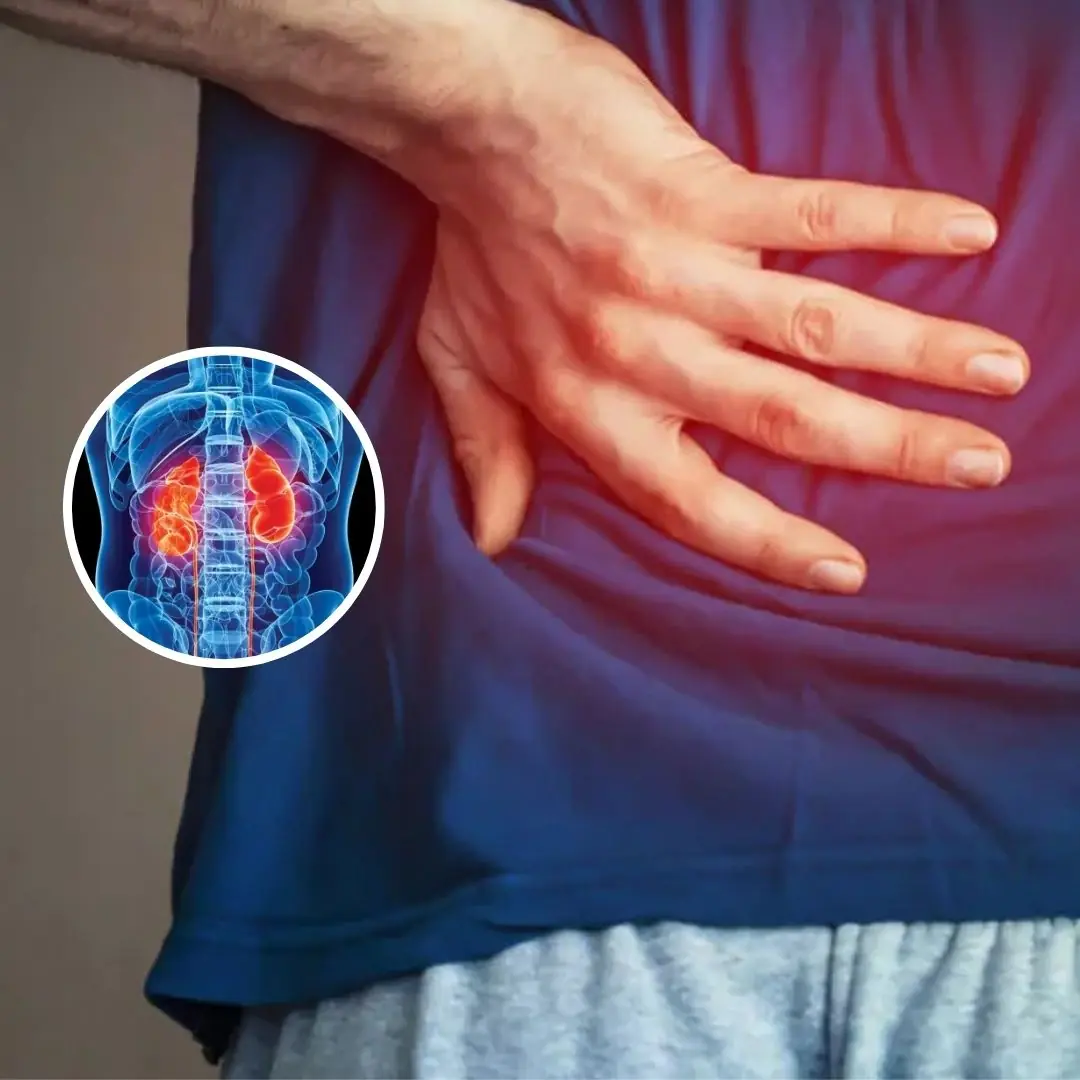
Night Clues: 5 Rare Symptoms Pointing to Kidney Damage
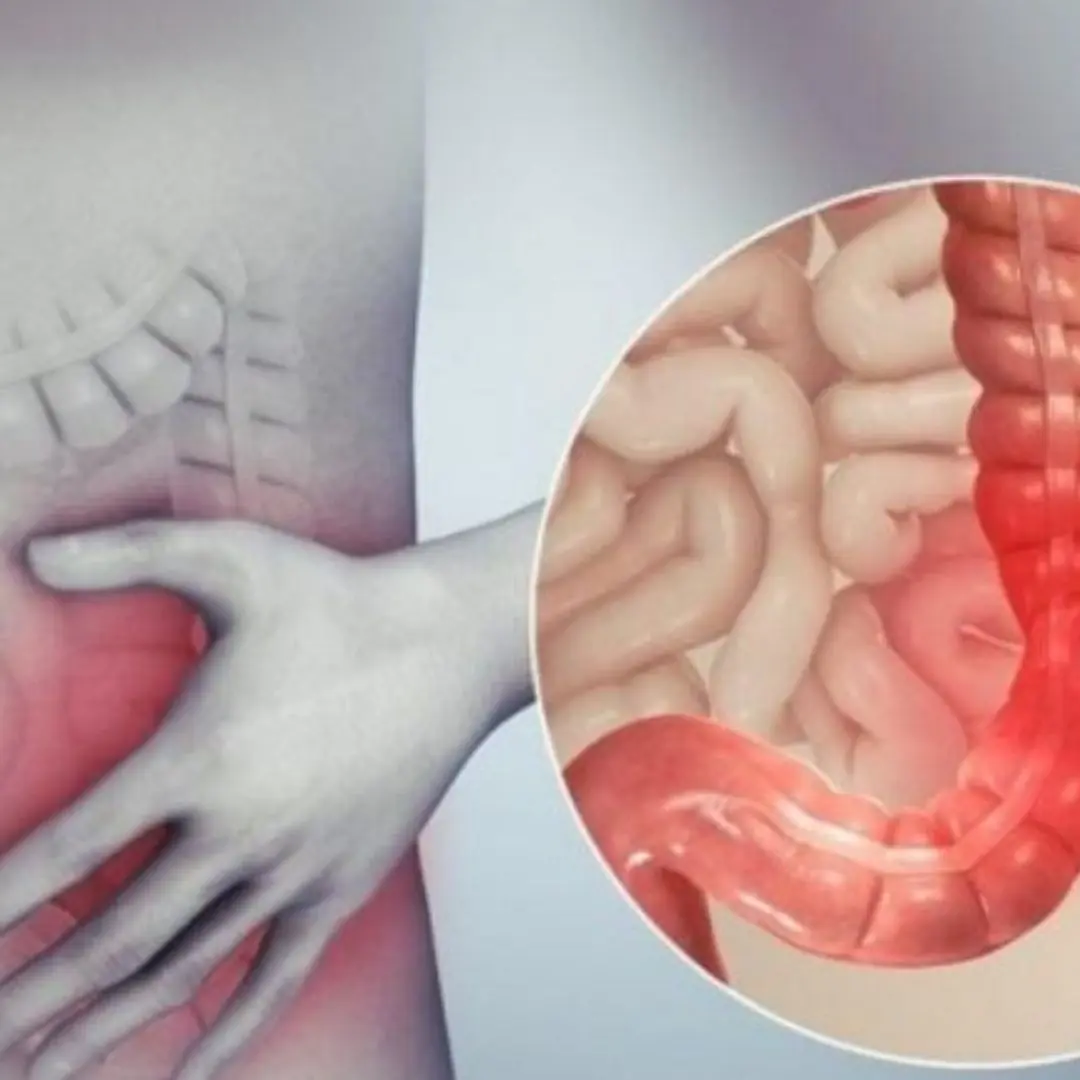
Don’t Overlook These 6 Warning Signs of Stage 1 Colon Cancer
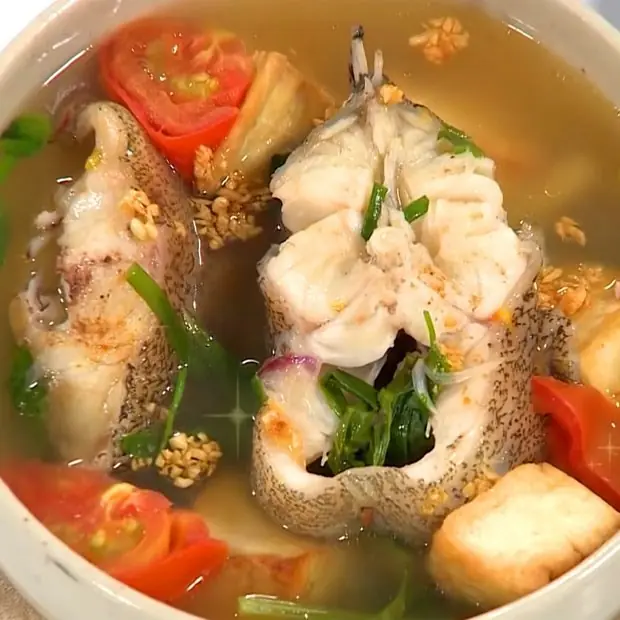
These 3 Common Fish Are Actually the Best for Your Health

4 Foods That Help Prevent Vag.inal Infections:
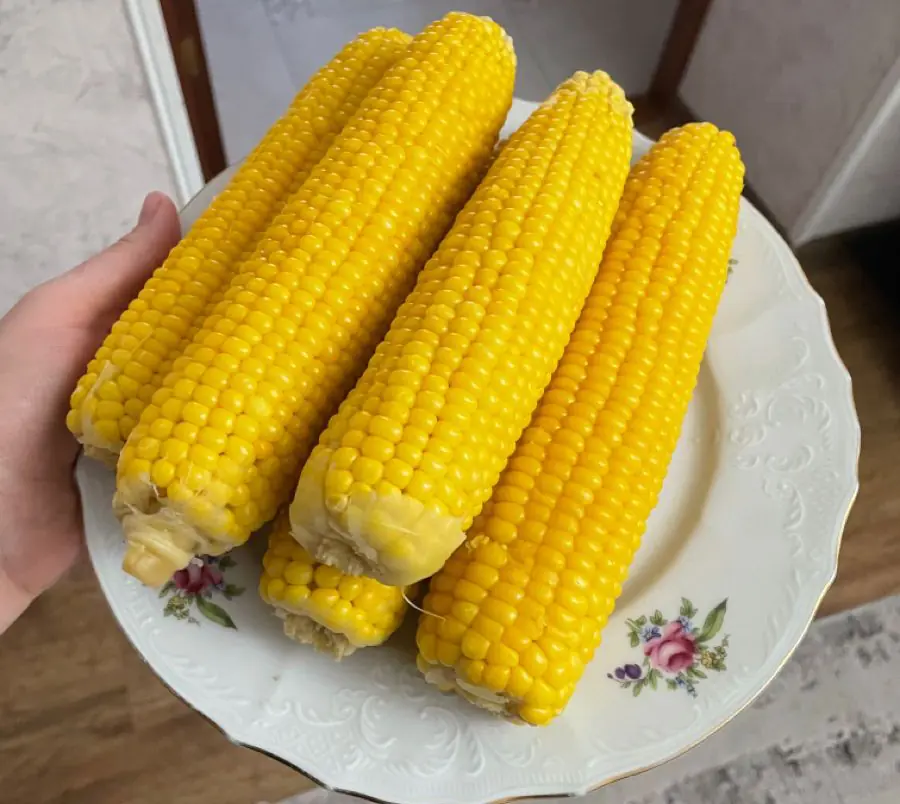
4 Foods to Eat on an Empty Sto.mach in the Morning That Work Like a “Trash Scanner” for the Body
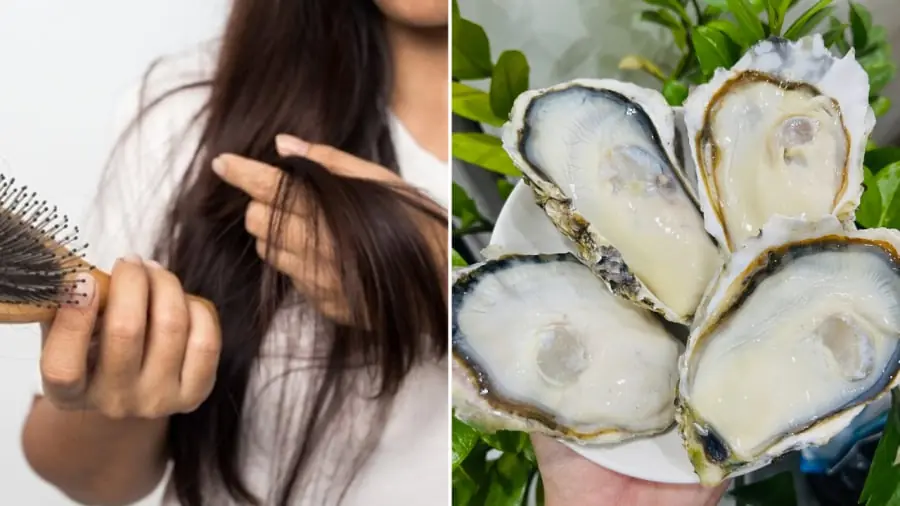
6 Foods That Balance Hormones and Stop Hair Loss — A Secret Few Women Know!

Woman Shocked by Doctor’s Diagnosis After Visiting Hospital for Severe Itching

If your breath carries these 4 unusual odors, it could signal hidden illness — don’t ignore the warning signs
News Post

7 Foods That Can Turn He.art Medications into a “De.adly Poi.son”

Storing Leftover Rice the Japanese Way
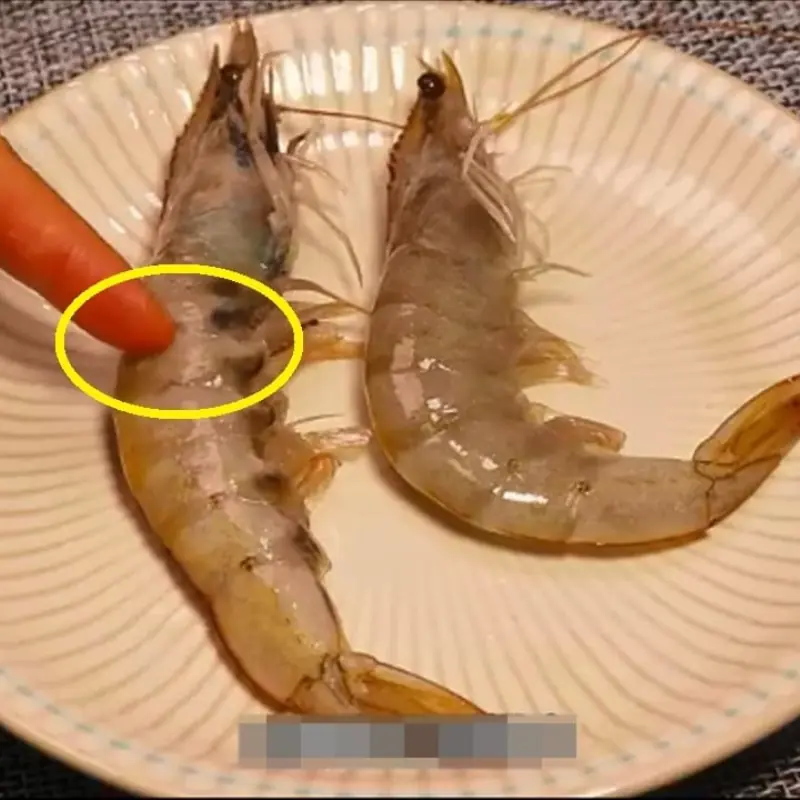
Seafood Shop Owner Warns: 4 Types of Shrimp You Should Never Buy
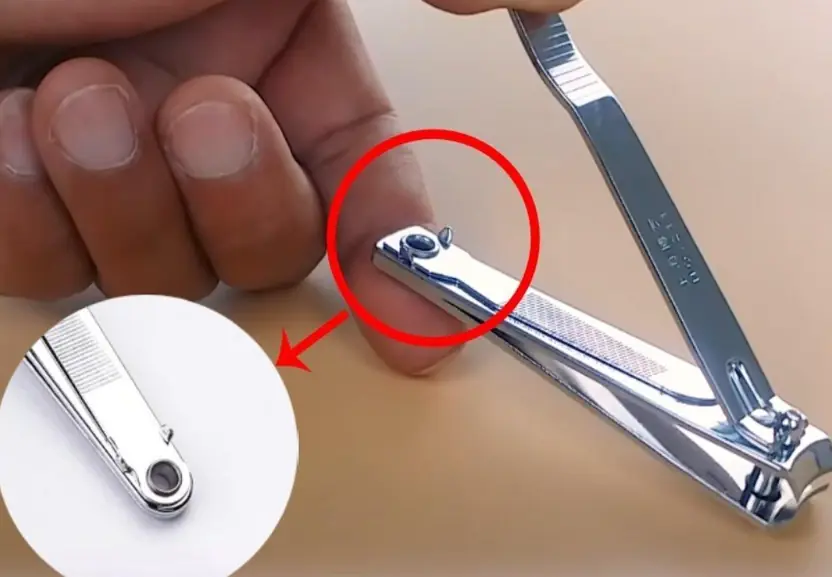
The hidden function of the small hole in a nail clipper

Catching Nasopharyngeal Cancer in Its Early Stages May Offer a 72% Survival Rate

These 5 Secrets Are the Real “Saviors” for Keeping It Fresh!

Doctor Reveals 5 Dangerous Mistakes You Must Avoid Right After Eating

"7 Silent Habits That Wreck Your Bones and Joints — Quit Them Now or Face Pain in Old Age

Avoid These Plants If You Don’t Want Snakes Near Your House

Night Sweats Explained: 7 Surprising Facts
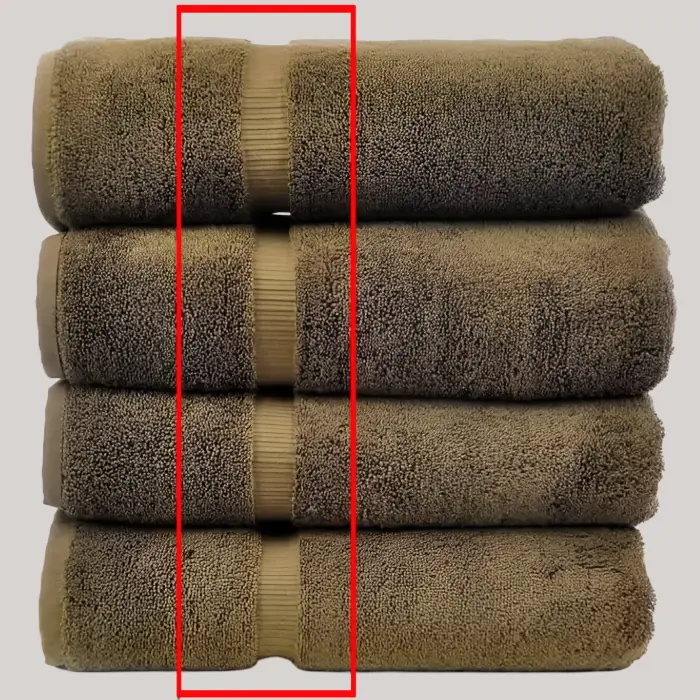
What the lines on bath towels actually mean?
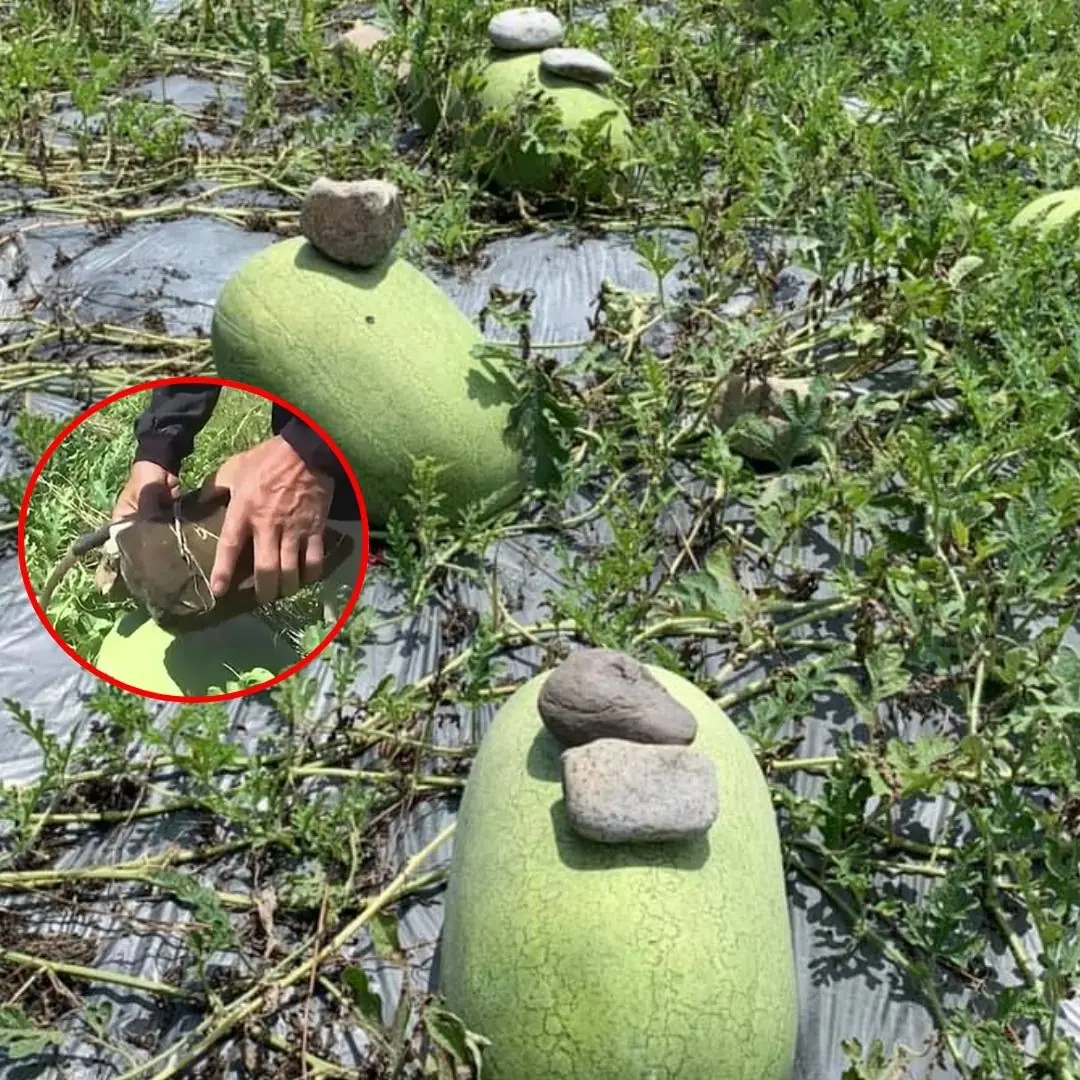
Farmers put ice on melons before harvest – the reason behind it will surprise everyone
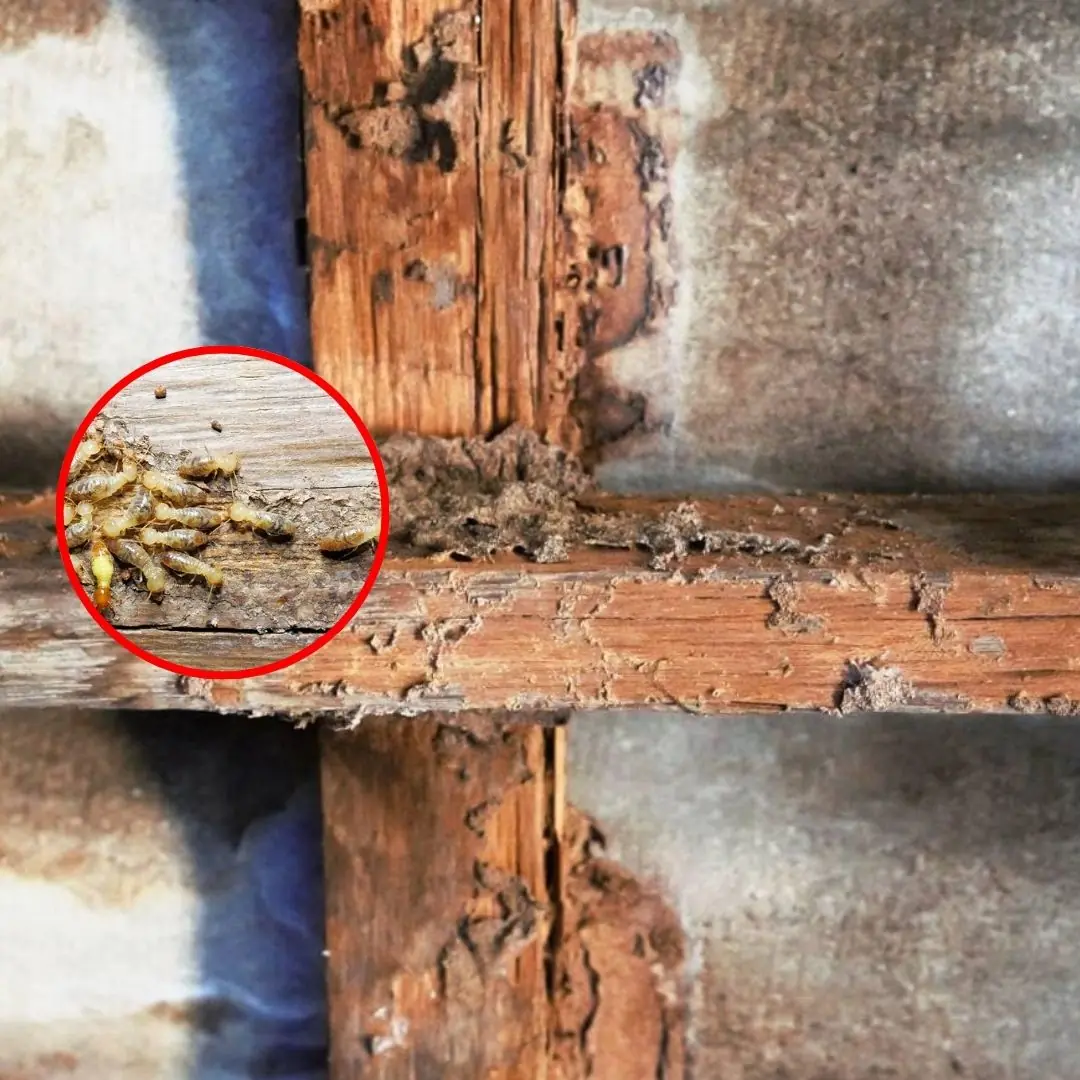
6 Proven Ways to Get Rid of Termites From Wooden Furniture

Warning: 10 Overlooked Symptoms That Could Signal Blood Cancer
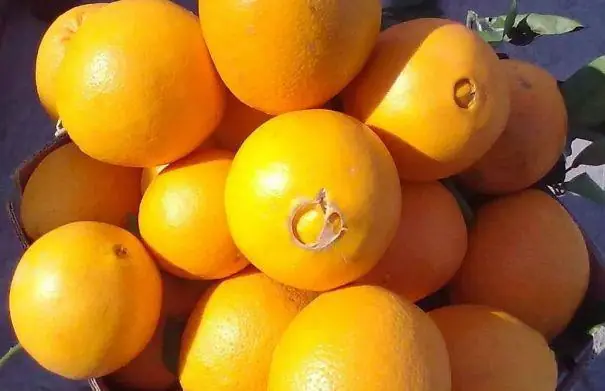
Should You Pick Na.vel Oranges With a Big or Small “Na.vel”?

4 Abnormal Signs in the Abdomen That May Seem “Minor” but Could Indicate Can.cer

3 super easy garlic storage hacks
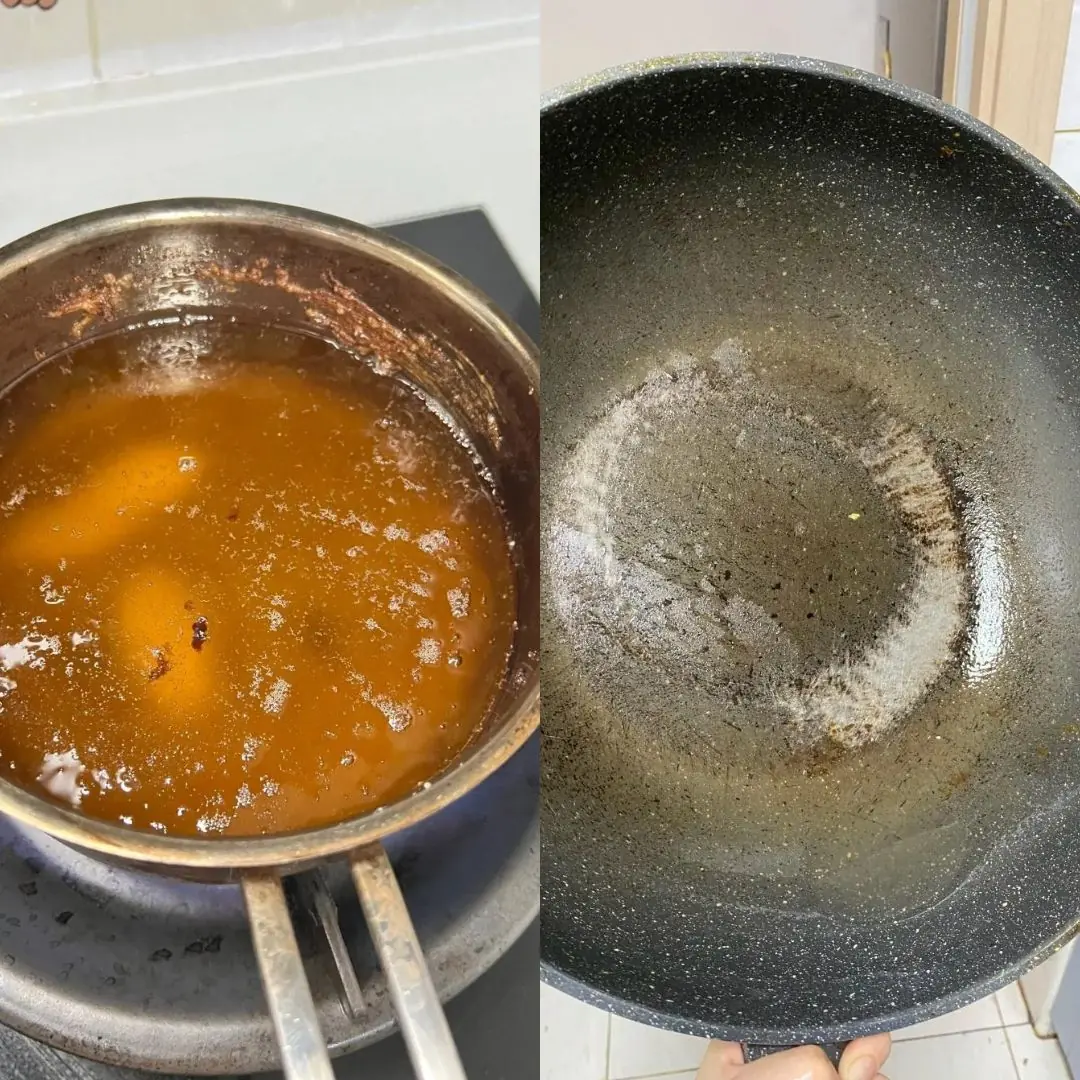
The More You Save, the Sicker You Get: 6 Dangerous Kitchen Habits to Stop Immediately
